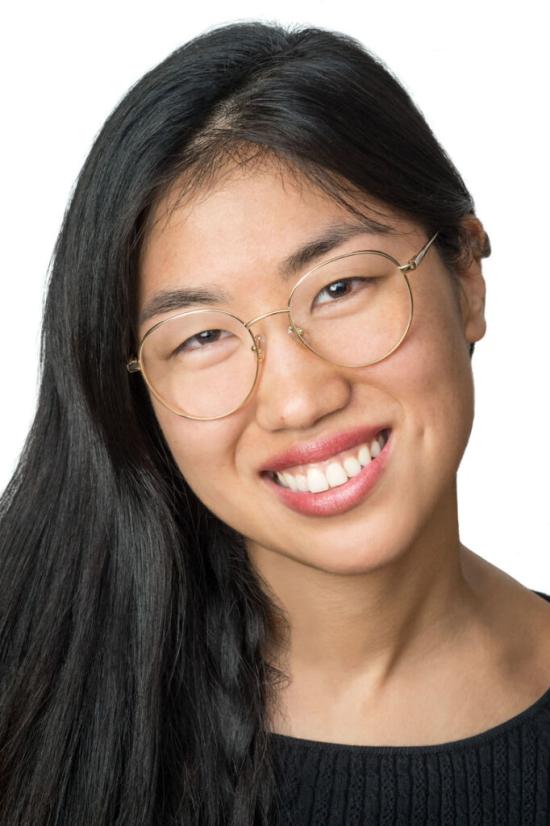From Harvard Magazine
When Technology and Society Clash
By Lydialyle Gibson
In Early 2016, as Donald Trump’s presidential campaign emerged from the Republican pack and Hillary Clinton battled Bernie Sanders through a long Democratic primary season, computer scientist Latanya Sweeney launched a new research project. For more than a decade, information technology had become an increasingly dominant presence in American politics. By that election year, social media, online campaigning, and digital voter records seemed to be everywhere. And so Sweeney, the Paul professor of the practice of government and technology, decided to follow the election more closely than usual. With a group of students, she began studying the places where technological innovation and the electoral process crossed paths. “We wanted to see,” she says, “how technology could make it all go wrong.”
That they did. A few weeks before the March primary in North Carolina, Sweeney and her class found that election board websites were giving incorrect information when voters searched for their local polling places. (She and her students had built a web service to give the correct information to voters everywhere across the country.) In another experiment, they discovered that online voter registration systems in 35 states and the District of Columbia were vulnerable to identity theft: hackers could change voters’ addresses or party affiliation, request absentee ballots, or delete records altogether—all with a few pieces of publicly searchable or easily purchased information...
“Latanya really shepherded and brought to light the importance of looking at these concepts, in a field that’s still very white- and male-dominated,” says Ji Su Yoo ’20, a former Sweeney student and teaching fellow who now studies the intersection of technology and inequality as a doctoral candidate at the UC Berkeley School of Information. The study of algorithmic bias has grown rapidly in recent years, and some of its most prominent researchers are black women who cite Sweeney’s work in their own: Princeton sociologist Ruha Benjamin; UCLA Internet studies scholar Safiya Noble; and MIT Media Lab computer scientist Joy Buolamwini, whose 2018 study of facial recognition software dramatically demonstrated how poorly it performed on dark-skinned faces, especially black women’s. “A lot of folks are standing on the shoulders of these giants,” says Yoo, “and Latanya was paving the way from the get-go. It was always an uphill battle. It still is...”
Ji Su Yoo is a Ph.D. student under Prof. Kimiko Ryokai. She focuses on the intersection of technology and inequality and social computing using mixed methods.










